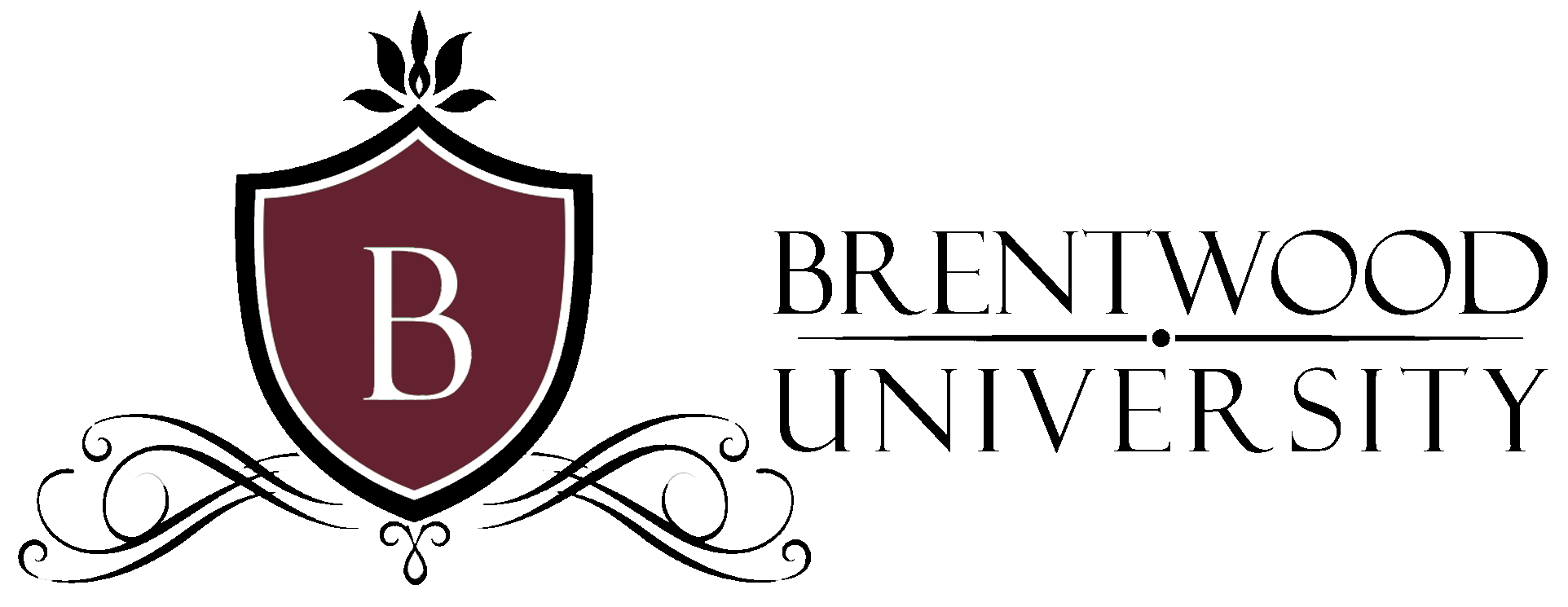In this course, students will study organizational effectiveness. Models and theories of leadership will be used to analyze management and organizational behavior and make recommendations for improvement. Some examples of functional and dysfunctional leadership are examined with specific sensitivity to cross-cultural differences. Team development dynamics and performance are reviewed in the context of identifying best practices to improve individual and team effectiveness in pursuing company or group objectives.
Technical innovation is crucial for the success of any individual or business entity in our rapidly evolving world. We study innovation across three key spheres of a business: product, process, and organization. The integration of intelligence-driven systems, including AI and advanced data analytics, is transforming the business landscape at lightning speed. Students will gain an appreciation of the efficiencies created through the use of these intelligent information systems and the application of data-driven insights to enhance and refine business decisions. Operations management principles are employed to develop strategies, processes, and operations that leverage internet-based and intelligence-enhanced solutions, ensuring businesses remain competitive in an increasingly digital marketplace.
Business policy and strategies are designed by the students to address changes in the business environment and the need for companies to adapt in pursuit of company success in the marketplace. Some key areas of study are the principles of leadership succession and organization growth and development. Organizational structure and strategy are important focal points for leadership in the context of global dynamics and cultural and political differences as in the global competitive landscape.
This course will cover what drives managers and executives to make decisions about all aspects of the business including product costs, when to hire, budgeting, marketing techniques, organizational performance and which direction to take the business. Students will also learn how to use accounting as not only a tool for tax obligation, but as a drive to improve the performance of an existing business.
This course will provide students with a solid foundation to the key components in leading or starting a group, team, organization, business, or corporation. Students will learn necessary entrepreneur skills including how to translate an idea into reality, and which steps are necessary in order to implement the plan and accomplish goals. In addition to entrepreneur skills, students will learn important leadership skills including how to successfully lead people with a vision.
In this course, students will focus on the role of a human resource professional as a strategic partner in today’s organizations. Students will learn the basic concepts of databases, spreadsheet software, and information technology as they relate to managerial decision making and the maintenance of competitive advantage. Key HRM functions such as recruitment, selection, development, performance management, retention, compensation, safety, and labor relations will be examined. Current issues such as diversity training, sexual harassment, globalization, same sex marriages, and the rising costs of benefits will be discussed.
This course will cover the necessary steps to ensure successful project completion. Students will learn about everything from the initial planning, to creating a schedule, to executing the plan, to measuring performance along the way, to understanding the relationships between cost, resources, and timing. Students will also have an excellent understanding of the best communication techniques regarding project management.
This course will cover the best practices for strategic marketing. Areas of study that will be covered include choosing the right product, identifying your consumer, planning for the best time, and exploiting available resources when appropriate. Students will also learn in-depth about the different marketing media outlets, as well as which media fits different situations best, and why.
This course will help prepare students for successful business practices across different nations and cultures. Students will learn different leadership styles, as well as learn about their own cultural limitations, which will help them to understand the bigger picture. This course will also teach students how to work in an international environment regarding international laws, rules, regulations, and expectations.
